Millions of Pakistanis go to polls for parliamentary elections amid surge in economic problems
Millions of Pakistanis head to the polls for parliamentary elections amid heightened security measures aimed "to maintain law and order."
Polls opened on Thursday at 8 a.m. local time (03:00 GMT) and will close at 5 p.m. (12:00 GMT), and polling may be extended in some areas as per election commission’s rules.
According to election statistics, some 128 million eligible voters can cast their votes in the elections.
Meanwhile, Temporary suspension of mobile services nationwide was ordered throughout the country after the vote started.
"It has been decided to temporarily suspend the mobile service across the country," Interior Ministry spokesman said in a statement.
The spokesman said "precious lives have been lost" in recent militant attacks in Pakistan and "security measures are essential to maintain law and order situation and to deal with potential threats."
Over 650,000 army, paramilitary, and police personnel have been deployed amidst heightened security concerns following the twin attacks on candidates' political offices a day earlier that killed at least 24 in the Balochistan province.
The vote is being held as former Prime Minister Imran Khan was barred from running in the elections due to criminal convictions.
Last week, Khan, 71, was sentenced to a lengthy jail term on corruption charges, which prohibited from serving in any official capacity for at least 14 years.
This comes amid allegations by Khan’s Pakistan Tehreek-e-Insaf (PTI) party that apart from being locked up, killed, and banned from holding rallies, their candidates have also been forced to run as independents, as part of efforts to prevent them from securing seats.
Khan’s rival and former prime minister Nawaz Sharif is on the ballot for Pakistani voters as he is seeking a fourth term.
He was sentenced to prison on corruption charges but on November 29, Islamabad’s High Court overturned a corruption conviction for him, which made him closer to being able to run for elections.
Following the election, the chosen parliament will be responsible for appointing a prime minister. If no single party manages to secure a majority, the party that holds the largest share of assembly seats will have the opportunity to establish a coalition government.
The incoming government is set to confront a series of formidable challenges, including a dire economic crisis.
With inflation surging close to 30 percent, the rupee's continuous decline over the past three years adds to the economic woes. A significant deficit in the balance of payments forces a stoppage in imports, greatly hampering industrial expansion.
‘Ghost town’: 70% of Jabalia buildings destroyed by Israel
Mother’s Day: Sareh Javanmardi’s inspiring journey as Paralympic champion and mother
Russia downs over 40 Ukrainian drones as Putin vows 'destruction' on Kiev
VIDEO | Yemen: A bone in Israeli neck
D-8’s role in Iran’s economy after Cairo summit
China slams US as ‘war-addicted’ threat to global security
China ‘firmly opposes’ US military aid to Taiwan
VIDEO | Press TV's News Headlines


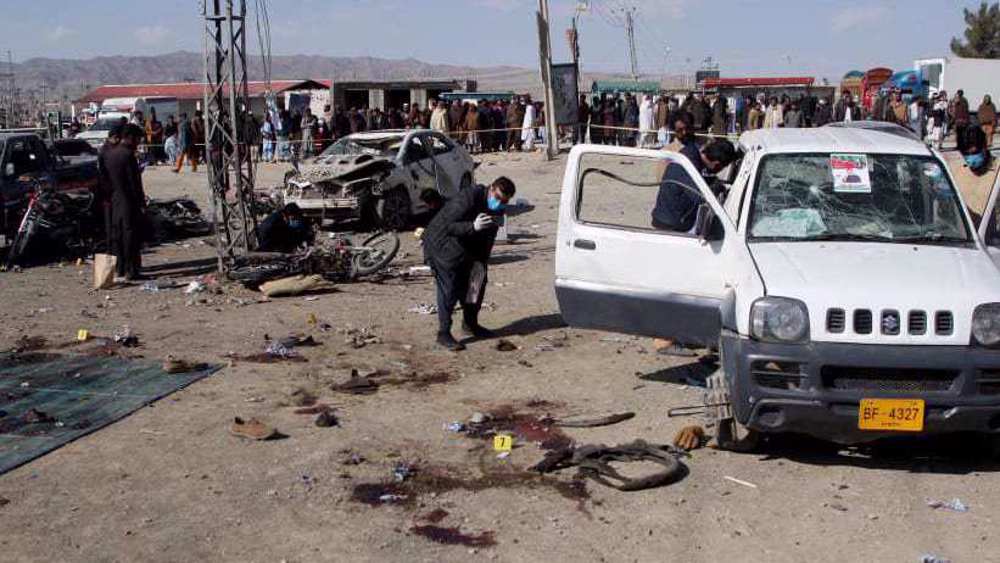
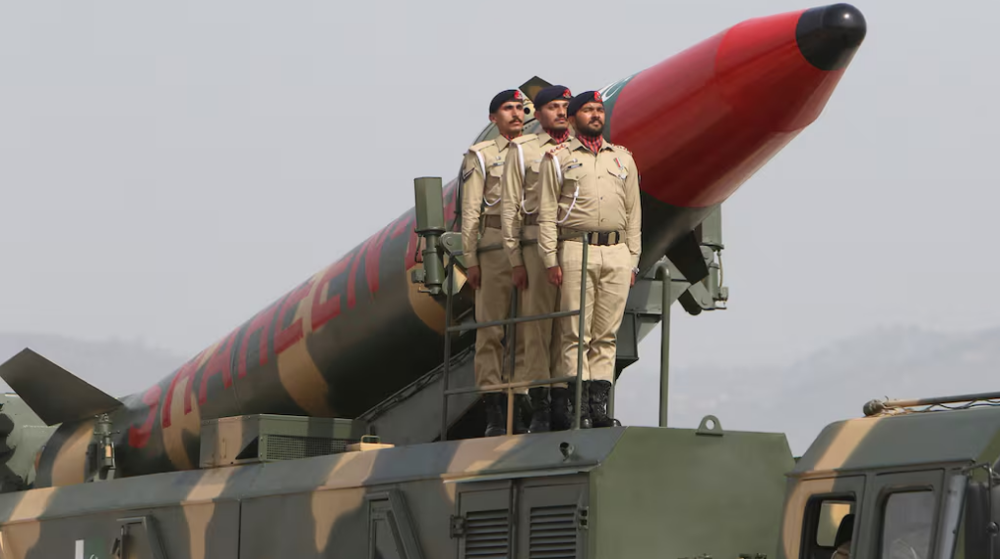

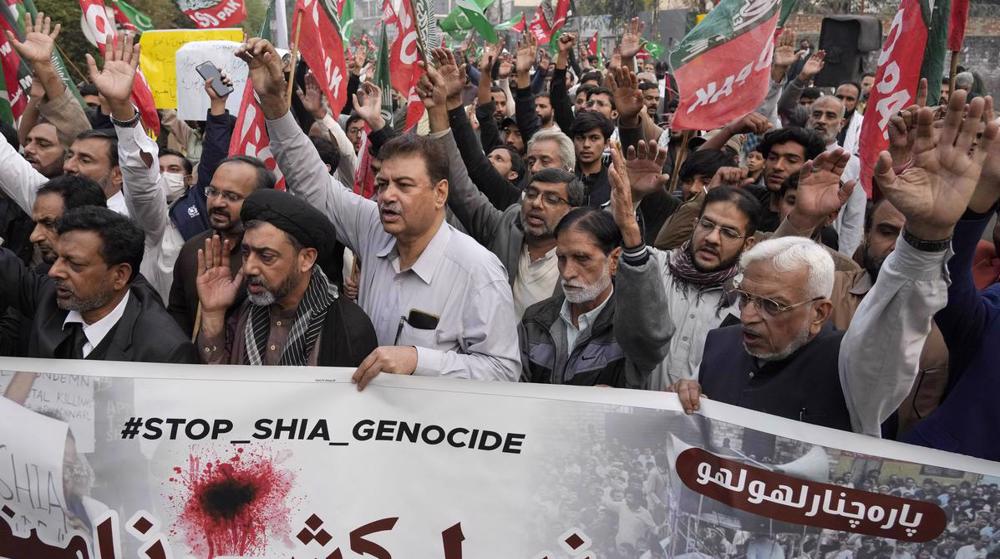



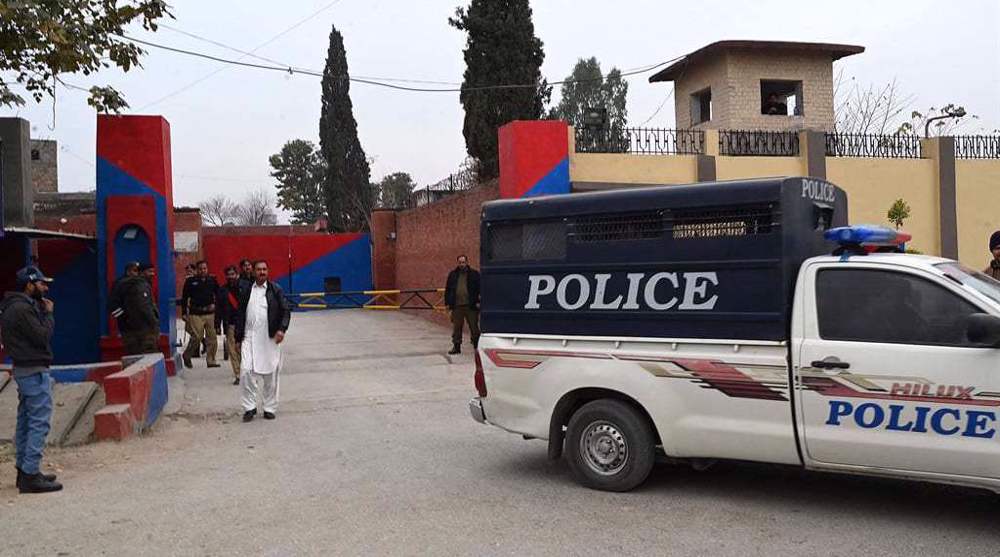
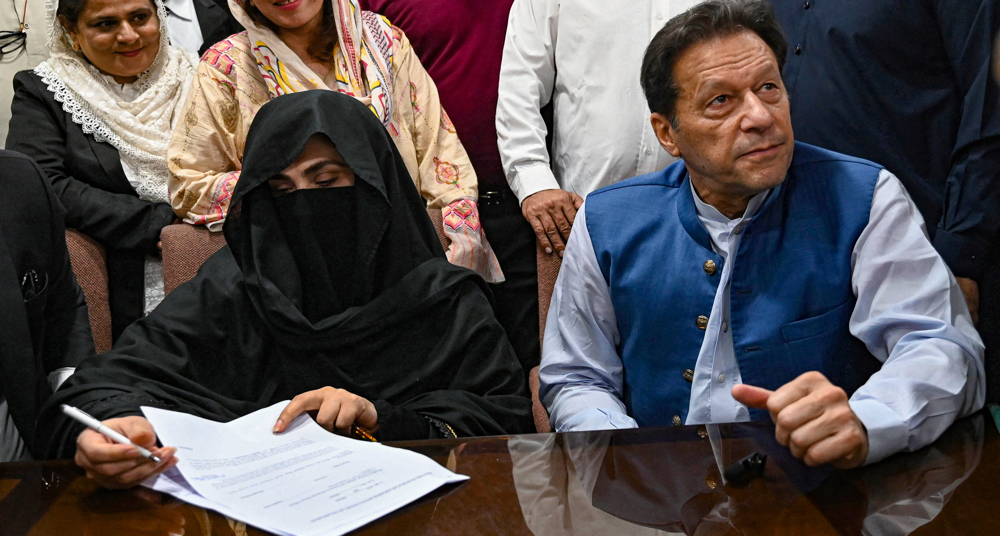
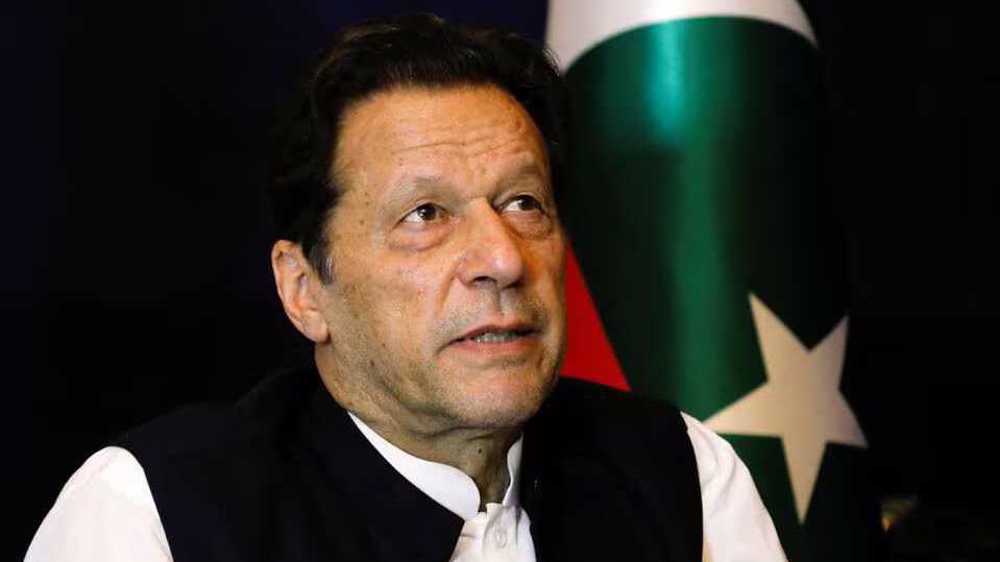

 This makes it easy to access the Press TV website
This makes it easy to access the Press TV website